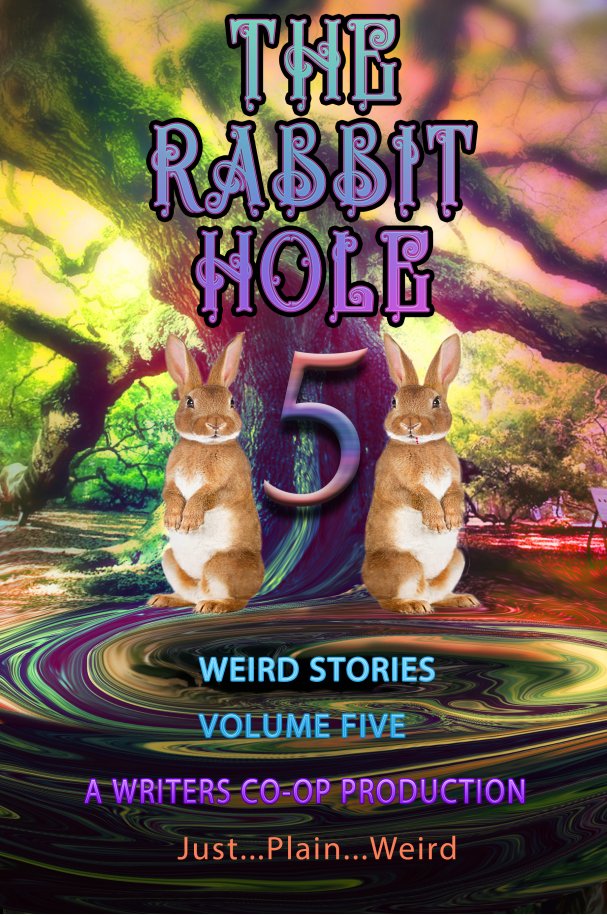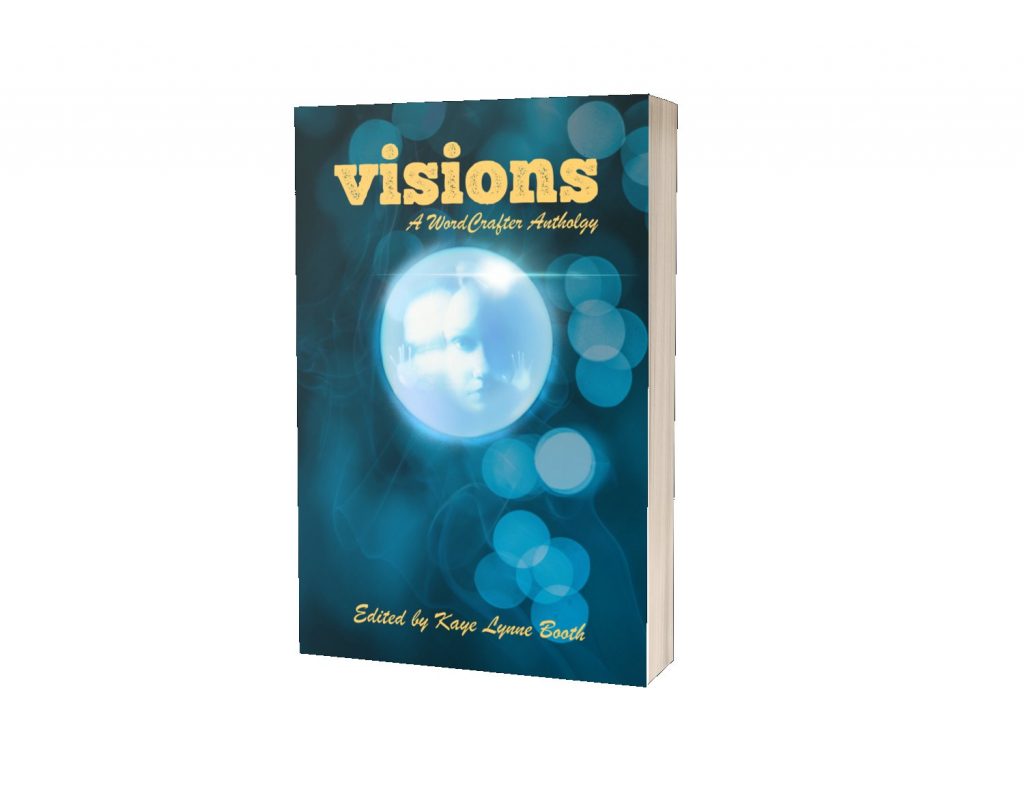This is the final post in this Toing and Froing arc. The genesis of this arc came from my fouling up The Alibi chapter 3 (my current work in progress.
Toing and Froing occurs when the writer/author has their characters move around or do things for no real story purpose; there’s no character development, no character revelation, the atmosphere doesn’t change, no plot elements are furthered or revealed, the movement is irrelevant to any established or impending plot points, the movement is unnecessary to the dialogue, et cetera.
I ended Toing and Froing Again, Part 2 talking about writing and reading rhythms (and I’ll return to those at some point). This post talks about recognizing the problem and coming up with a solution.
The Problem and a Solution
Here’s what I wrote:
The Boston Incident Center’s operations operator routed the call to every city service in a twenty block radius of AirCon’s building. Every mobile in the station went off simultaneously.
Marete came out of his office. “Who’s in the field?”
Senior Ops put a feed on the office’s main. “Looks like some kid’s streaming from his drone.”
Cranston plopped into his seat. “Yeah, I guess this is me.”
Marete pointed to the door. “Take Rhinehold with you.”
Rhinehold, seated next to Cranston’s desk to finish setting up the atricial, spun his chair to face Marete. “What did I do?”
Cranston gathered his notebook and pen. “You wanted fun. You got fun.”
Rhinehold frowned “You don’t use a tablet?”
Cranston paid no attention.
Rhinehold lifted his backpack over his shoulder. “No worries. I have mine.”
What follows would be my comments if the above material came to me in a critique group:
- The Boston Incident Center’s operations operator routed the call to every city service in a twenty block radius of AirCon’s building. – acceptable but wordy. “operations operator” doesn’t need to be in that sentence. Unless there’s a need for this character to appear in the story again, it doesn’t even count as stage direction and you can get rid of it.
- Every mobile in the station went off simultaneously. – again acceptable and weak. The chapter opening deals with a police station’s response to a bomb blast. You want the reader caught in the action and moving forward. The characters are pumping adrenaline so the reader should be, too. This sentence has no real action hence no forward momentum as written.
- Marete came out of his office. – obvious Toing and Froing and necessary as it tells the reader who’s doing what, as in attribution via action. And yet with all that going for it, it’s static. It doesn’t move the reader forward.
- “Who’s in the field?” – Nice, short dialogue and fitting with the action of the scene, and ditto.
- Senior Ops put a feed on the office’s main. – Way over the top Toing and Froing. What’s the purpose of this sentence? What does it provide the reader? All it does it take the reader off the main and primary characters by introducing an irrelevant stage direction character. Get rid of it.
- “Looks like some kid’s streaming from his drone.” – Expected and doesn’t move the reader forward.
- Cranston plopped into his seat. – You can almost feel the oars moving in their locks as the boat to’s and fro’s, can’t you?
- “Yeah, I guess this is me.” – ditto.
- Marete pointed to the door. – ditto and, at this point, who friggen cares?
- “Take Rhinehold with you.” – static and di-di-di-ditto.
- Rhinehold, seated next to Cranston’s desk to finish setting up the atricial, spun his chair to face Marete. – does nothing except (literally) place him in the scene.
- “What did I do?” – I think I was so bored writing at this point I attempted humor.
I failed.
PS) Another personal clue to me I’m Toing and Froing is when I attempt to put humor into an otherwise humorless scene or have it come out of the mouths of previously humorless characters.
- Cranston gathered his notebook and pen. – Pure toing and froing because he gathers them. So what?
- “You wanted fun. You got fun.” – more botched humor.
- Rhinehold frowned. – Exactly what I talked about in the Attribution via Action post.
- “You don’t use a tablet?” – Basically okay as exposition and character development via dialogue, and there’s no real need to bash the reader over the head with it.
- Cranston paid no attention. – the reader’s not paying attention, why should Cranston?
- Rhinehold lifted his backpack over his shoulder. – As with Cranston gathering his notebook and pen, so what?
- “No worries. I have mine.” – Wasted unless it points to something coming later in the story (as in foreshadowing).
At this point remember that criticism without solution is worthless. Anybody can spot problems, not everybody can come up with workable solutions.
Here’s what I came up with as an alternative followed by the reasons this rewrite removes Toing and Froing, strengthens the story, and keeps the reader moving forward (and note, I offer this is better, not brilliant):
Final thoughts
This kind of critique is what a good critique group will give you. If your critique group isn’t constantly working to improve your writing, find another. Does it need to be this thorough?
I’ll say yes, it does, and also appreciate not a lot of critique groups will go to this level. I also appreciate not everyone wants this level of analysis, and recognize this level of analysis can be devastating if not offered well. I wouldn’t offer this to a newbie unless it’s obvious they can separate themselves from their work and recognize I’m commenting on their work, not them (watch my interview for more on this).
Should you need it or want it, I do offer this level of critique and also writer/author mentoring.



